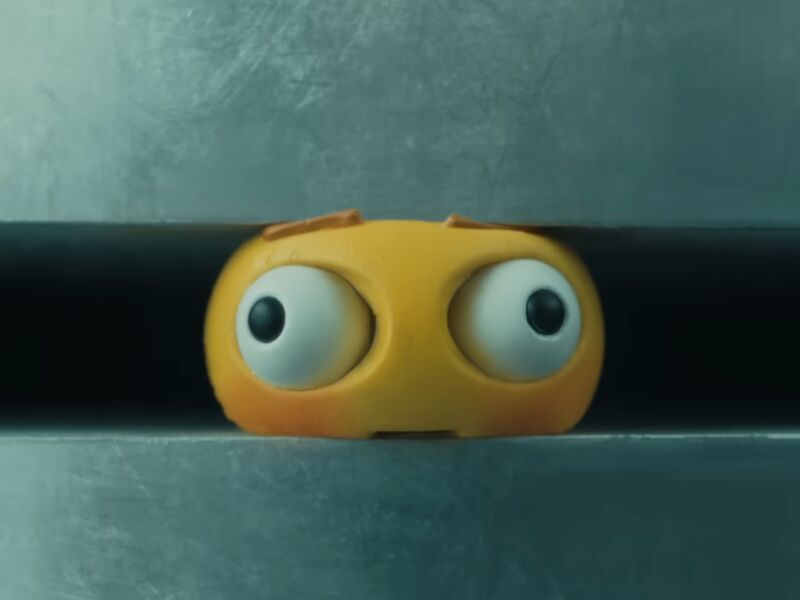
Apple
Earlier this week, Apple took the wraps off of a thoroughly leaked iPad Pro refresh with a 1 minute and 8 second ad spot wherein a gigantic hydraulic press comprehensively smushes a trumpet, an arcade cabinet, a record player, paint cans, a piano, a TV, sculptures, a bunch of emoji, and plenty of other tools that one might loosely categorize as “artistic implements.”
At the end of the ad, the press lifts away to reveal a somewhat thinner, somewhat faster version of Apple’s iPad Pro. The message of the ad, titled “Crush!” and still available via Apple’s YouTube channel and CEO Tim Cook’s Twitter account, is obvious: look at all of the things we’ve squeezed into this tablet!
“Just imagine all the things it’ll be used to create,” wrote Cook.
But it’s the apparently unintended subtext of the ad that has caused problems. Yesterday afternoon, the company issued a rare public apology for the ad following a social media uproar. Critics were upset both about the destruction of the objects themselves (whether those objects were physical or computer-generated or some mix of the two isn’t clear), and about the symbolism of a Big Tech company destroying art and the things used to create and consume art.
“Creativity is in our DNA at Apple, and it’s incredibly important to us to design products that empower creatives all over the world,” said Apple marketing communications VP Tor Myhren to Ad Age. “Our goal is to always celebrate the myriad of ways users express themselves and bring their ideas to life through iPad. We missed the mark with this video, and we’re sorry.”
Apple won’t be taking the ad down, but the company has apparently canceled plans to run it on TV.
The Crush ad never once mentions or shows any kind of generative AI technology, something Apple has been mostly quiet about ahead of AI-focused iOS and iPadOS 18 updates later this month. But it still feels like the backlash to the ad is being driven by generative AI anyway.
The generative AI push of the last two years has largely been defined by two kinds of stories: tech companies’ unrelenting sprint to cram as many AI features into as many of their products as possible as quickly as possible and backlash from artists, authors, programmers, and any other human whose efforts have been used to train these AI models. When people already feel that tech companies and executives are trying to replace them with generic machine-made sludge, it’s tone deaf at best to introduce a new product with an ad where a colorful, messy, tactile tower of art, instruments, and other creative tools is literally flattened to make way for a shiny, featureless slab of metal and glass.
I understand why people at Apple thought the Crush ad was effective. Phones, tablets, and computers are useful precisely because they can stand in for so many other things. But what Apple should keep in mind, both in its future hardware introductions and as it adds generative AI capabilities to its software in the coming months, is to keep its focus on the people using the tools rather than the tools themselves.

